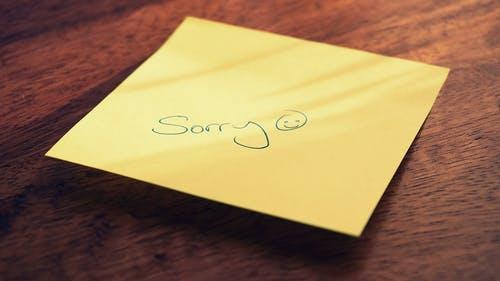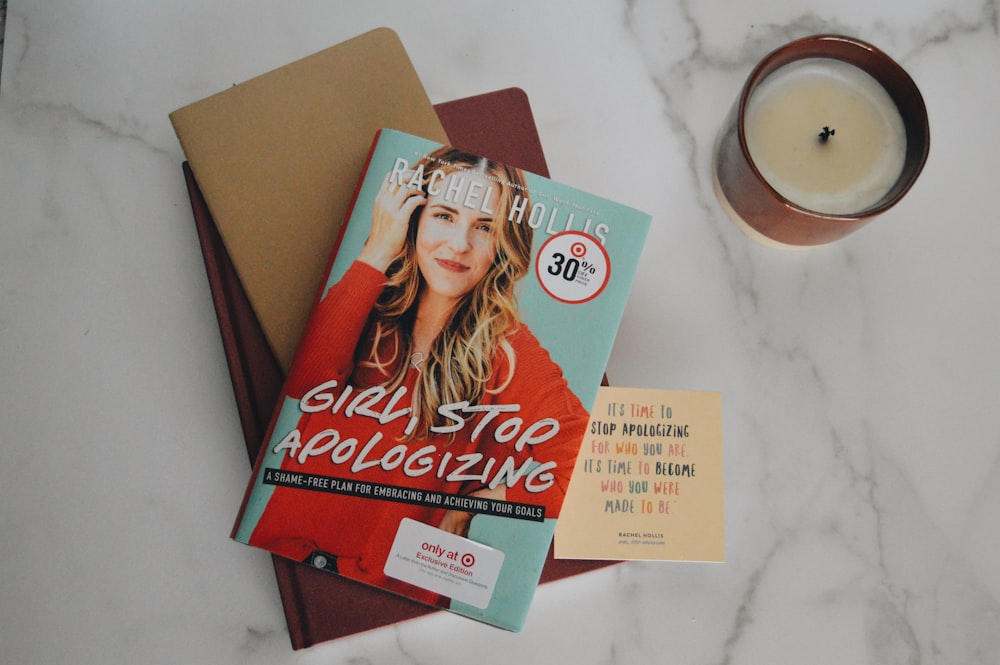I recently joined an online community focused on young professional women and recent graduates, aimed at connecting all of us as a support system and source of information. There are job postings, advice columns, promotions of the businesses these young women are starting up, a section for market research and overall, it’s a very professional, enjoyable community. It’s full of positivity, female entrepreneurship and women supporting other women. So when this distinctly female space online began to see a pattern emerge in the posts being put up on the page, it was hard not to wonder why.
‘Hope this is okay to post here, sorry if not!’
‘Sorry if this isn’t allowed but…’
‘Sorry in advance…’
‘Sorry to bother you all…’
‘If this is a stupid question, I'm sorry, but…’
Almost every post began or ended with an apology – for taking up people’s time, for asking for something, for just posting on a page that was literally designed to be posted on to allow us to communicate. These women were flinching at their own audacity for daring to put their voices out there – into a space that has actually been carved out for them.
But why?
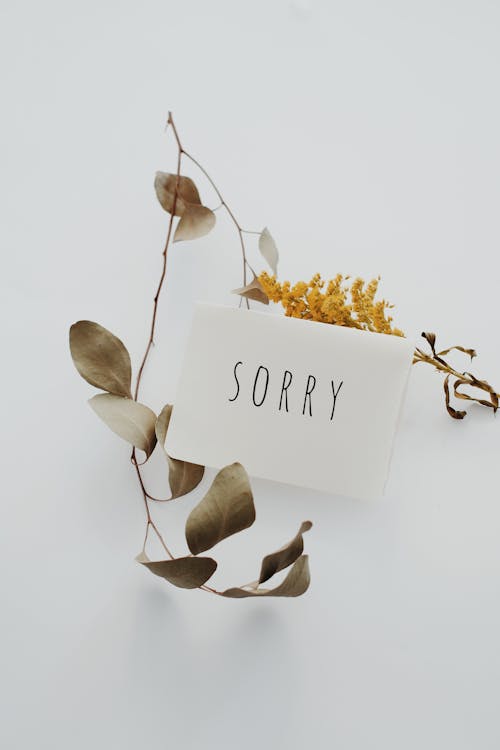
The fact that women apologise a lot isn’t news. We all know the old stereotype; that women apologise a lot more than men do. But how true is this? And if it is, why? Is it to do with power? Dominance and submission in social situations? I think of my own relationships and can say with confidence, my female friends are more likely to apologise for something small and irrelevant – waiting for me inside the coffee shop rather than outside where I could see them, for example. Whereas I think it unlikely that doing that would occur to their male counterparts in my life. Not, I think, out of rudeness, but simply because it wouldn’t occur to them that it was either of our fault if we hadn't arranged a meeting point. Not an offence, but a misunderstanding of no great importance.
Is this a gendered thing? Is the female experience affecting how we view these social interactions and assigning value to apologies?
There are studies out there to suggest this might be so.
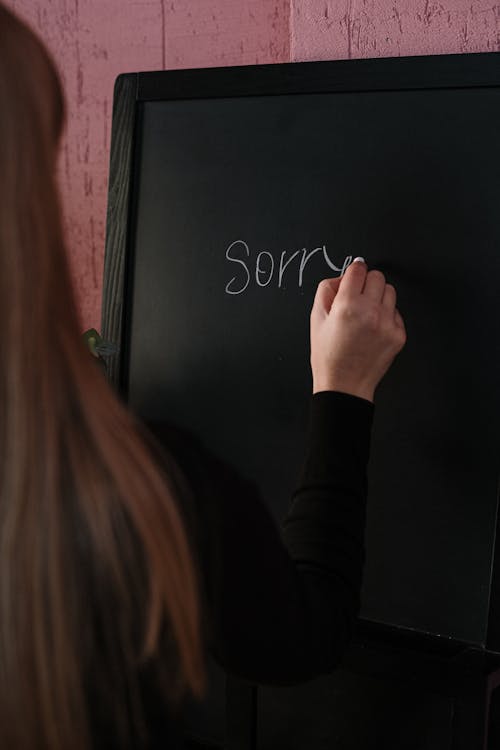
There was a lot of research carried out in the nineties on this phenomenon and a whole field of ‘apology behaviour and theory’ emerged, with a focus on gender disparities and similarities. Early theorists generally fell into two camps: a) That women were too apologetic or b) that men are insufficiently apologetic.
But in reality, neither are true. A 2010 study found that each gender apologises for exactly the amount of offences they believe they have caused.
Early theorists argued that the discrepancy in the rate at which women apologised compared to men all came down to power struggles. Tannen’s 1999 dissertation took a strong stance, saying that ‘men are attuned to the symbolic power of an apology to advertise defeat’ and further argued that women readily apologise because they are more concerned than men are with showing courtesy to others. This was not an uncommon thought process at the time, and the reasoning has its roots in the submissive role that women had been forced to take on for centuries, in the household, workplace, political and social sphere. Is our need to apologise a leftover instinct from our days as subordinates? Are we just socialised this way?
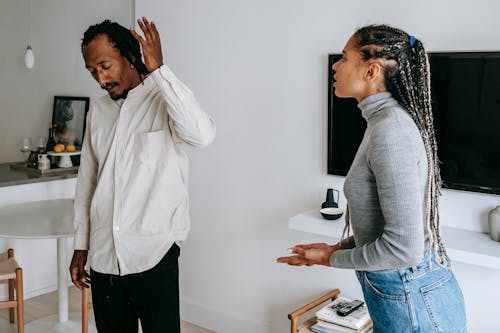
Tannen and Engel, prominent theorists in the field at the time, fell into the ‘men are insufficiently apologetic’ camp, arguing that it was because women were more concerned with apologising as it was a way to mend and reinforce social relationships, whereas for men it was a symbol of defeat, of giving up power. This suggests that men intentionally withhold their apologies even when in the wrong, but Karina Schumann’s 2010 study has found evidence against this.
Schumann recruited thirty three men and thirty three women from her university’s psychology department, aged between 18 and 44 and asked them to keep a diary for the next twelves days of offences that were and were not accompanied by apologies, as well as the content of the apologies they were offered and received. She categorised them into four sections; (1) relational (e.g., insulting someone), (2) failed obligation (e.g., failing to complete chores), (3) inconvenience (e.g., calling a wrong number), and (4) physical/possession (e.g., bumping into someone; damaging someone’s belongings).
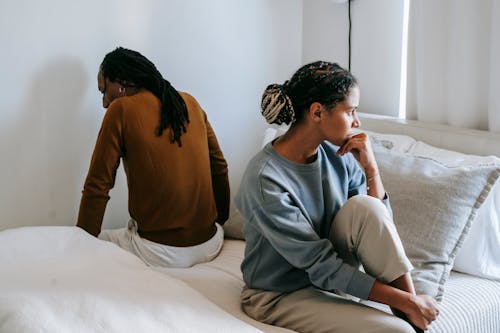
This was to find out a) if men or women reported apologising more often, ) which gender apologised for a greater proportion of offences and c) who offered the most comprehensive apologies (whether the apology felt genuine, whether culpability was recognised).
Schumann’s study found that women reported offering more apologies to than men, with women reporting offering 217 to the men’s 158 apologies. And what’s most interesting about this study is that it finds that women reported being victim to more offences (242) than men did (164).
And while Schumann’s study did find evidence to support the stereotype that women apologise more frequently than men do in everyday life, by taking into account that women reported more offences overall than men did, Schumann found that the gender difference disappeared.
‘Female and male transgressors apologised for the same proportion of their offences (approximately .81). Moreover, there was no gender difference in how men and women apologised. It appears that once men and women categorised a behaviour as offensive, they were equally likely to apologise for it and their apologies were similarly effusive. Apologies were also associated with increased forgiveness for both men and women, suggesting that men and women value and derive similar benefits from apologies.’

So taking the example of friends in the coffee shop again, my female friends might be worried about having inconvenienced me, or making me worry when I didn’t see them outside the shop. Therefore if they apologise, it could be to fix a perceived wrong on their part – even if we had never discussed where we would meet, or I had never mentioned that I was uncomfortable waiting outside. Whereas with male friends, Schumann seems to suggest that in a situation like this one, it wouldn't occur to them that this was a situation to apologise in, unless there was some active hurt there, like they were supposed to wait for me outside. It’s not that they’re not apologising because this isn’t something they care about. They’re not apologising because they don’t perceive themselves as having caused offence, or being in the wrong if not meeting spot has been arranged.
This is of course a hypothetical situation, and simply my take on these findings, but it’s interesting how much responsibility women take on for situations that can be out of their control, or simply nothing to do with their actions. It’s overly simplistic to suggest women are the more socially minded gender, because that’s a generalisation, but the social effectiveness of the apology in smoothing relationships cannot be overlooked when considering these findings.
Apologies are important social tools. They are essential to conflict resolution and relationship wellbeing. Schumann says that ‘apologies increase victim forgiveness, reduce anger and aggression towards the transgressor, improve evaluations of the transgressor, and validate the perceptions of the victim. Although apologies are not all-powerful (e.g., they are less beneficial when victims perceive the offence as intentional) their general effectiveness suggests that gender differences in apology behaviour could have significant implications for interpersonal interactions. For example, if women use apologies regularly as a way of showing concern for another person, they are likely to interpret the absence of an apology as evidence that the transgressor does not care for their wellbeing.’
Schumann seems to be suggesting that women have made the apology and concern for other’s welfare interchangeable, even though the social dynamics of the two are different. Apologies suggest blame, whereas concern for other’s welfare is a tool in relational care. If we continue to confuse the two in our day to day speech, the implications make an impact on our interactions; we say ‘sorry to bother you’ on a page that is designed to get in contact with people, instead of saying ‘hope everyone is well, you don’t have to respond if you don’t want to’. The second sentence is concern for others, while the first is just an apology masquerading as concern and making you feel like an offence or inconvenience to others.
The difference may seem small, but the psychological effect of a confusion of social interactions like these is huge. We end up apologising for taking up space, for using our voices, for the actions that are out of our control and worst of all, for the actions of others. Delineating those two modes of socialising – apologising vs concern for others – is really important to our day-to-day interactions with the world around us and how we approach it. Apologise for your own actions – not the world’s.

